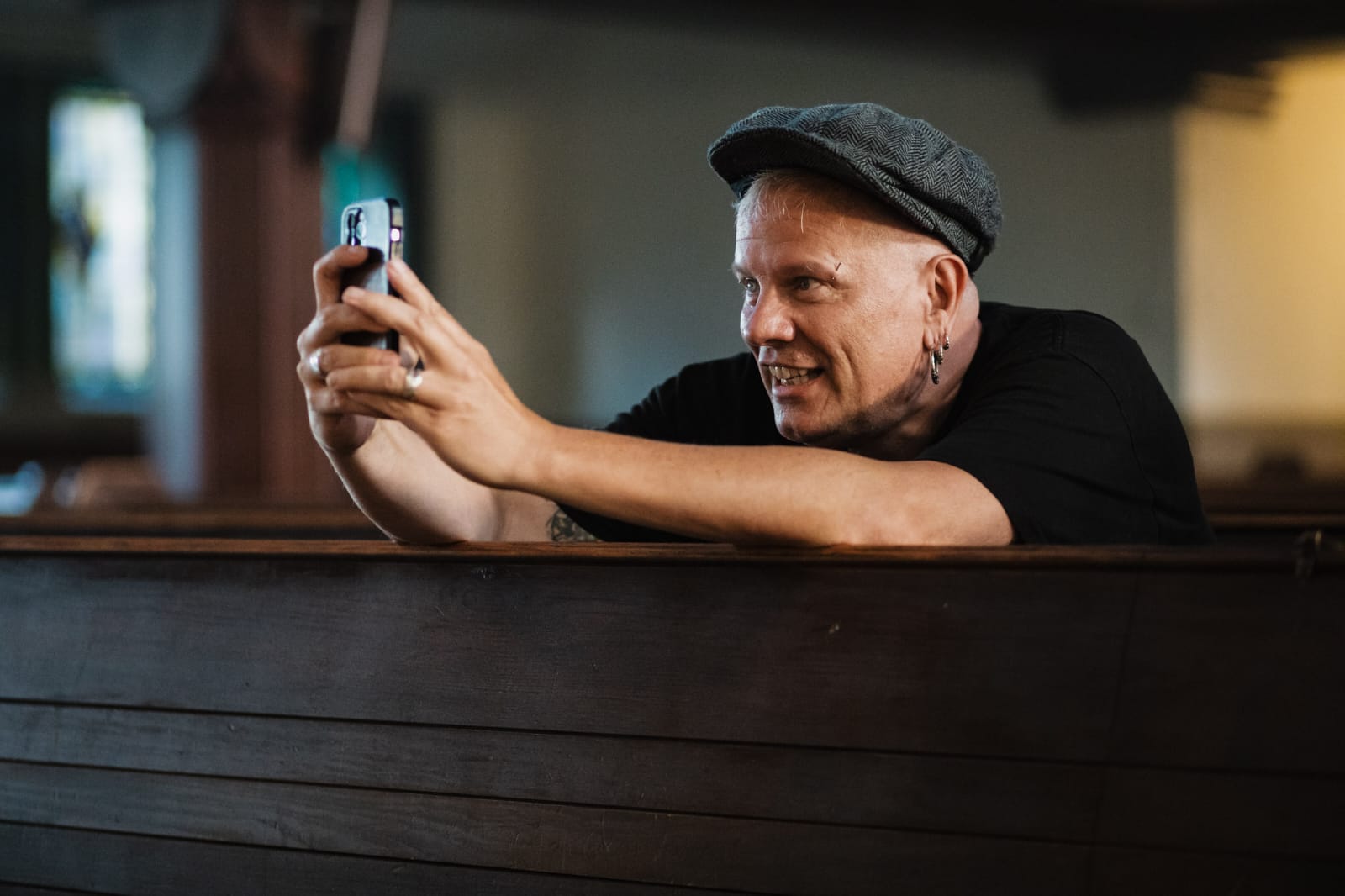

We’re looking forward to introducing you to Christian Petke. Check out our conversation below.
Christian, we’re thrilled to have you with us today. Before we jump into your intro and the heart of the interview, let’s start with a bit of an ice breaker: Have you ever been glad you didn’t act fast?
Absolutely. By nature, I tend to be very fast-moving, but I’ve learned the hard way that speed isn’t always an advantage. Your first impulse can be right, but not necessarily the best one. Over time I developed what I call my “24-hour rule.” If a situation is complicated, I make myself wait a full day before responding.
That pause serves several purposes: it keeps emotions in check, allows new information to surface, and sometimes even changes the dynamic entirely. I’ve had moments where the other party assumed I wasn’t interested and came back with an even stronger proposal.
In short, I’ve realized that patience can be just as powerful as decisiveness. It’s not my natural instinct, but it has become a wise strategy in both business and life.
Can you briefly introduce yourself and share what makes you or your brand unique?
My name is Christian Petke, and I’m the founder of COP International, an independent record label that has been my life’s work for more than three decades. Over the years we’ve had the privilege of working with remarkable artists such as Stabbing Westward, The Cassandra Complex, Red Lorry Yellow Lorry, Azam Ali, and many more—musicians who each bring their own voice, vision, and energy to the world.
COP began as an artist-driven label, and that spirit still defines who we are today. My whole life has revolved around music, art, and design, so it was important for me to build a company where the creative side and the business side could exist in balance. I believe we’ve managed to create exactly that: a label where artists feel supported, while also having the tools and infrastructure to reach audiences worldwide.
What keeps me excited, even after all these years, is that music constantly challenges you. It’s an environment where you have to evolve, adapt, and stay close to the pulse of innovation and style. I still look forward to going to work every day, because there’s always something new to learn, some fresh idea to explore, and a way to grow both professionally and personally.
At the core of this job is service—service to the artists we represent and to the audiences who connect with their work. I deeply value the privilege of helping artists grow, watching them develop their voice, and then seeing that voice resonate with people across the globe. That sense of connection—between art, artist, and audience—is what makes this work not only interesting, but profoundly meaningful.
Amazing, so let’s take a moment to go back in time. Who taught you the most about work?
I would have to credit my mother, Erika. She instilled a deep work ethic in me from a young age. We are both immigrants from Germany, and culturally that sense of diligence and responsibility is already part of our DNA. We often joke that in the end we’re actually lazy—which is why we’ve become incredibly efficient workers. But the truth is, we both cherish what we do and take real pride in a job well done.
That foundation has shaped the way I approach music and business. In the early years of COP International, I would often sign artists based purely on raw talent, because the creative spark was what excited me most. Today, I’ve learned to look beyond talent alone. Drive, perseverance, and determination are absolutely essential. Unless someone truly wants to be successful and is willing to put in the work, I can’t really help guide their career path.
This is especially true in the arts, where the journey is intensely personal. There will always be setbacks, criticism, and blows to your confidence. The artists who endure are the ones who have both the creative gift and the resilience to keep going when things get tough. That’s the lesson my mother gave me, and it’s one I try to pass on.
Was there ever a time you almost gave up?
Absolutely. I’m very much an “idea person,” and over the years I’ve burned out more than once. When I was younger, I didn’t recognize the symptoms and just tried to power through. But sometimes you hit a wall, and the only way forward is to step back and reevaluate.
There were projects I believed in wholeheartedly—ideas I was sure would work—that ultimately failed. Accepting that my approach was wrong was painful, but also necessary. I’ve come to believe it’s crucial to be able to self-evaluate, admit when you’ve chosen the wrong path, and learn from it. Without failure, you never build resilience. And resilience, in my experience, is everything.
I’ve seen people who had nothing but a smooth, rapid rise, and when things eventually turned downward, they didn’t know how to handle it. My first real burnout came in my late twenties. Up to that point, life felt like hanging on to a rocket—everything was moving fast and in the right direction—until suddenly the engine failed. Since then, I’ve thought of my life more like a sinewave: ups and downs that keep teaching you balance.
Today, I feel incredibly grateful to be on a strong upswing, and I’m convinced I wouldn’t have reached this place without those earlier failures. The hard times, have given me the perspective and stamina to fully appreciate the successes.
I think our readers would appreciate hearing more about your values and what you think matters in life and career, etc. So our next question is along those lines. Is the public version of you the real you?
In public I’m a bit more guarded, simply because I know my words can have an impact. That being said, I take pride in being real. Putting up a façade takes a lot of energy, and as I’ve grown older, I’ve learned to care less about what people think of me. My work speaks for itself, and looking back at the body of work I’ve built over the years, I feel it represents me in a very holistic way.
Part of this comes from my heritage. Germans tend to be very direct—the shortest path between A and B is a straight line—and I carry that with me. At the same time, I make exceptions when I feel I need to adjust to someone’s needs in order to get a point across. I see that as empathy and basic politeness rather than compromise.
I also try not to let my mood affect me adversely in public. I call it “adulting”—finding that balance between authenticity and responsibility. So yes, the public version of me is very much the real me, just tempered with awareness and care.
Okay, so let’s keep going with one more question that means a lot to us: What are you doing today that won’t pay off for 7–10 years?
I tend to look at this with a broader lens. In business, my plans usually span about three years. The music industry is incredibly dynamic, and that timeframe feels both realistic and effective. But in my personal life, I make very different calculations.
Over the years I’ve developed skills—like graphic design, photography, and music production—not because I had a career goal in mind, but simply because I was curious. At the time, they felt like passions I pursued for their own sake. A decade later, those very skills opened entirely new doors for me and enriched my work in ways I never could have predicted.
For me, motivation is key, especially in the arts. I do things because I want to learn, to grow, and to challenge myself—not because I expect an immediate financial return. If money is your only motivating factor in life, that’s a rather sad equation. True value comes from curiosity, creativity, and the joy of the process.
The same is true with relationships. You don’t invest in people because you expect a payoff—you do it because you enjoy their company, their energy, their ideas. And sometimes, years down the line, a friendship you nurtured simply out of genuine connection suddenly brings an unexpected opportunity. That wasn’t the planned outcome, but a beautiful side effect.
So while I may not be able to point to a specific 10-year plan, I trust that the things I do today out of curiosity and care will continue to shape my life in ways I can’t yet imagine.
Contact Info:
- Website: https://copint.com
- Instagram: https://www.instagram.com/cop_international/
- Linkedin: https://www.linkedin.com/in/christian-petke-8b82589/
- Facebook: https://www.facebook.com/copint
- Youtube: https://www.youtube.com/@COPInternational23
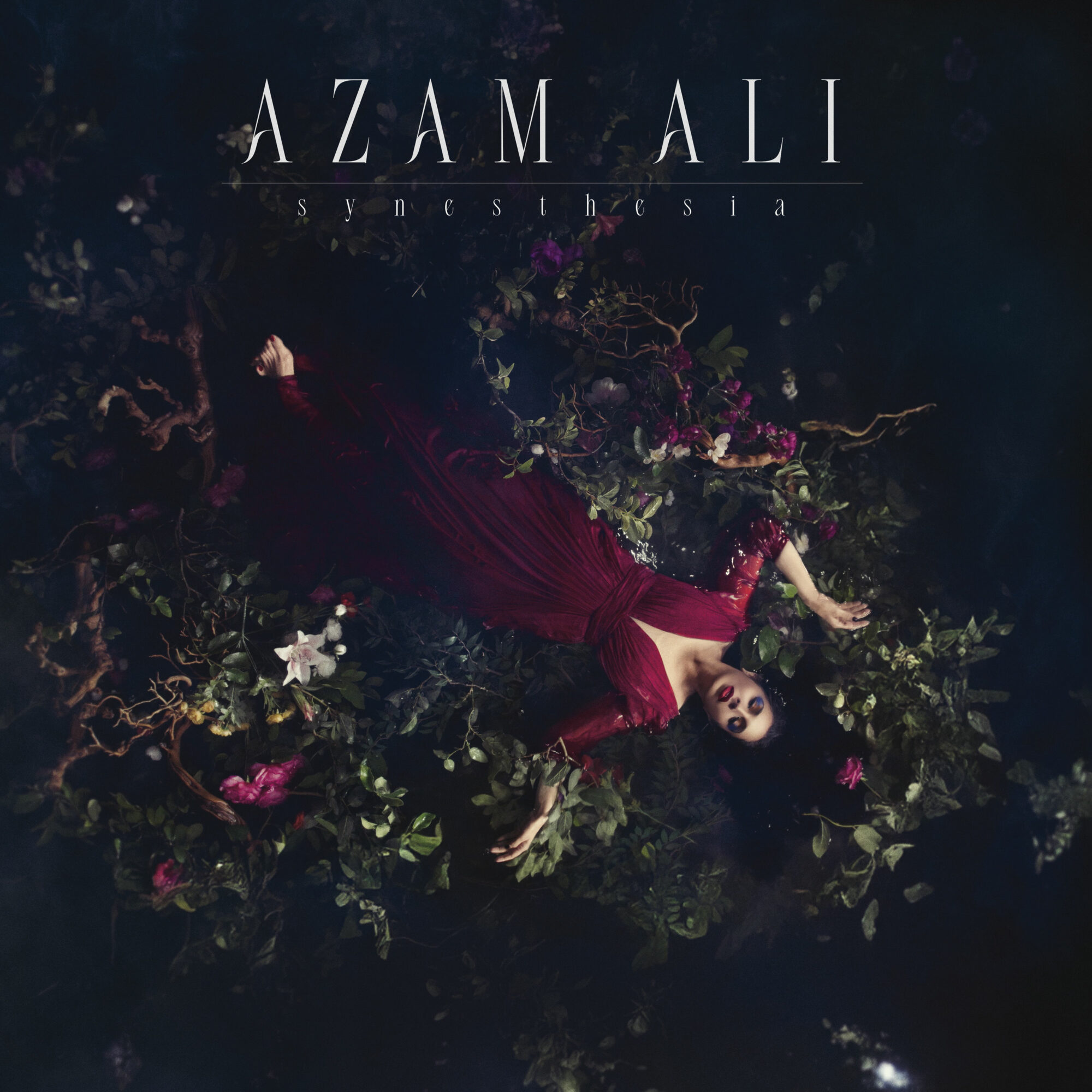
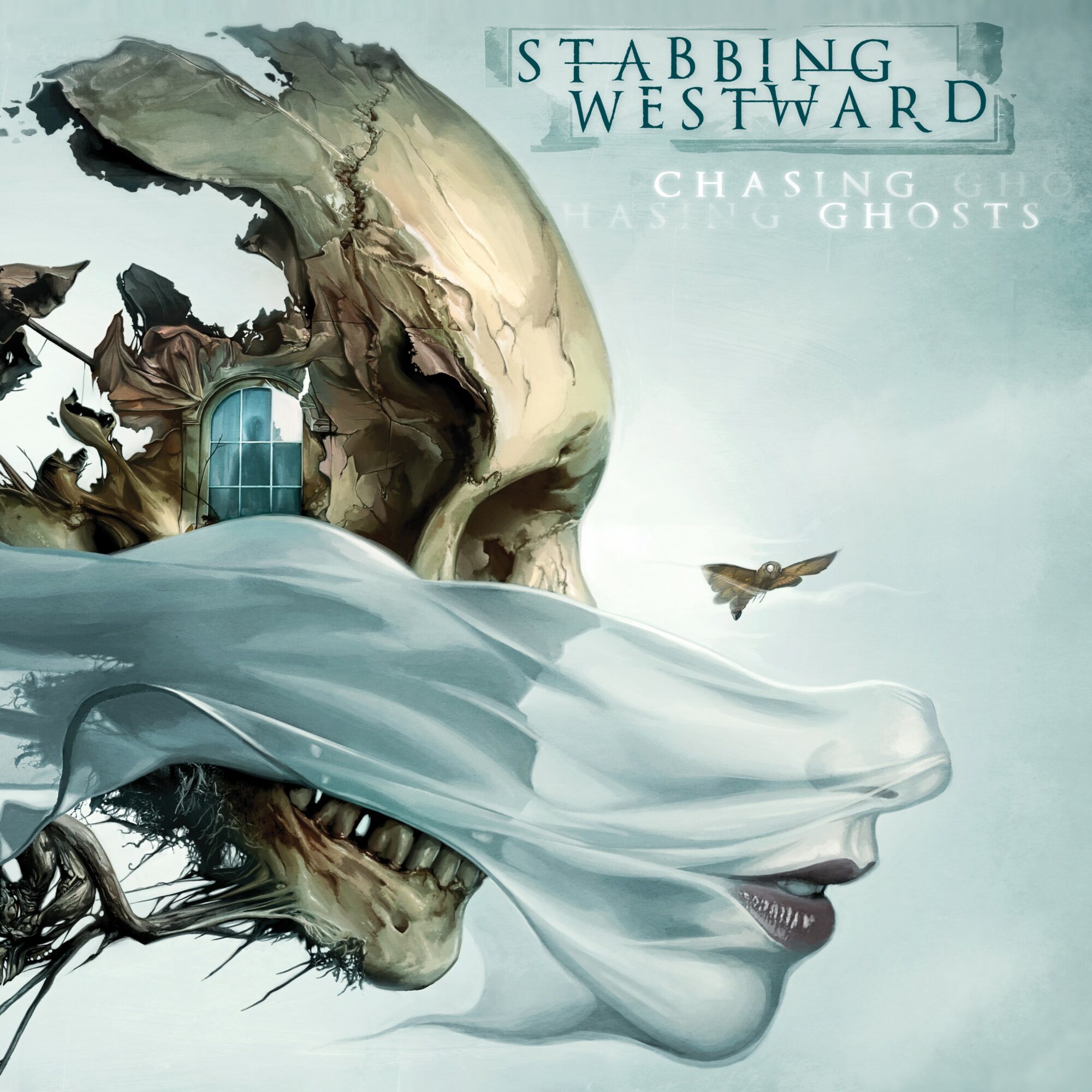
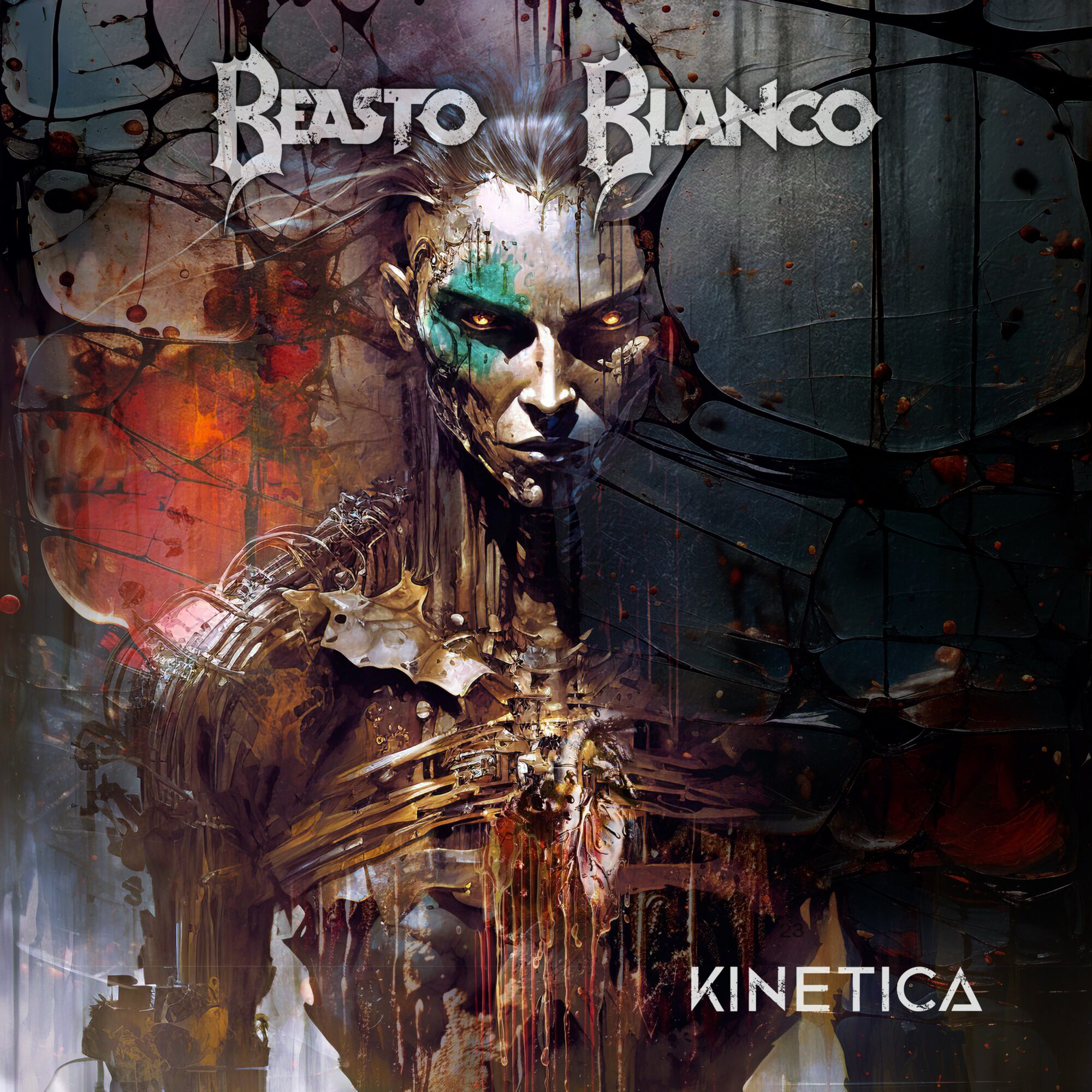
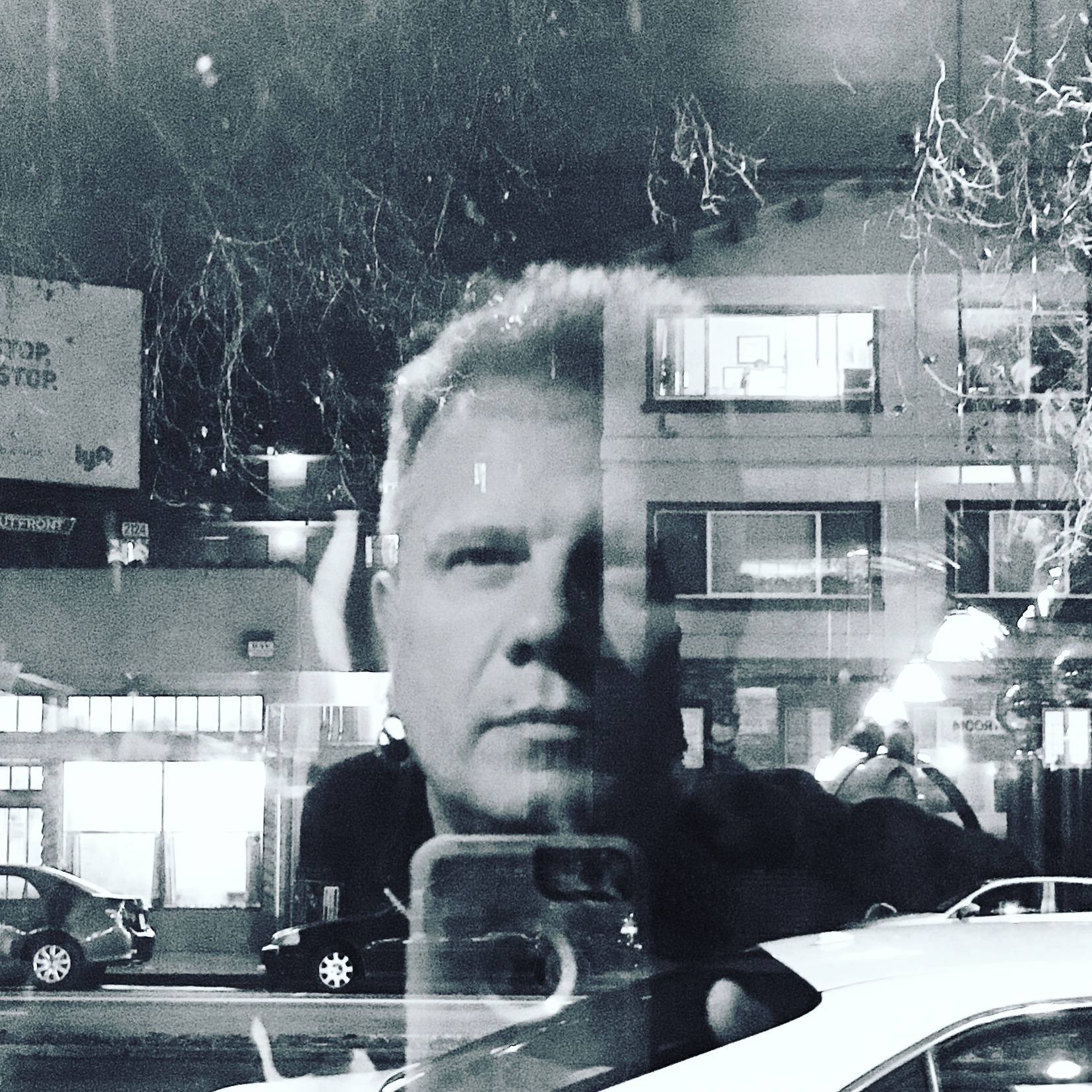
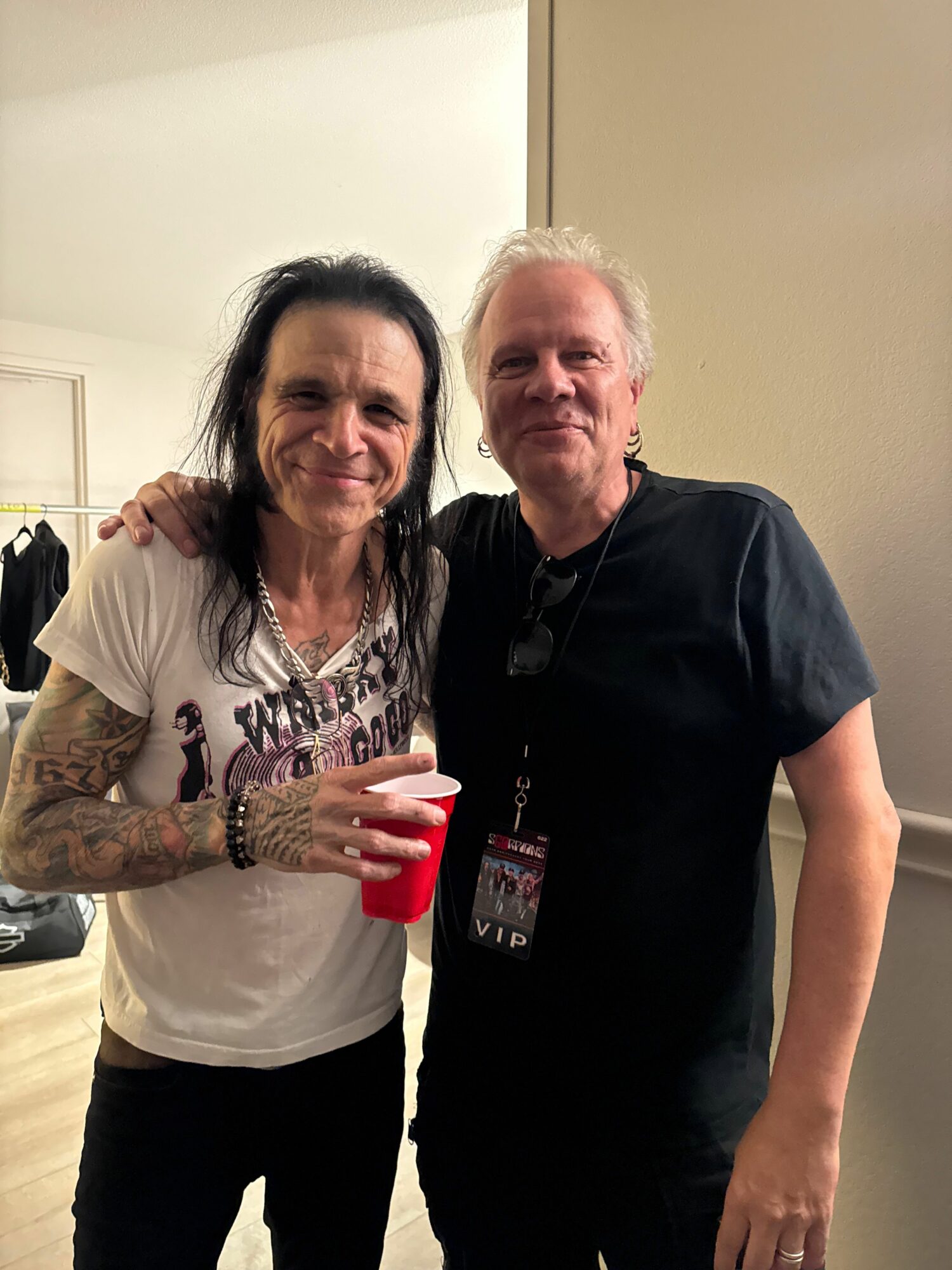
Image Credits
Azam Ali cover by Tas Limur, Stabbing Westward Cover by David Seidman, Beasto Blanco Cover by Greg Rolfes, Self portrait by Christian Petke, Christian and Chuck Garric by Jackie Lee










